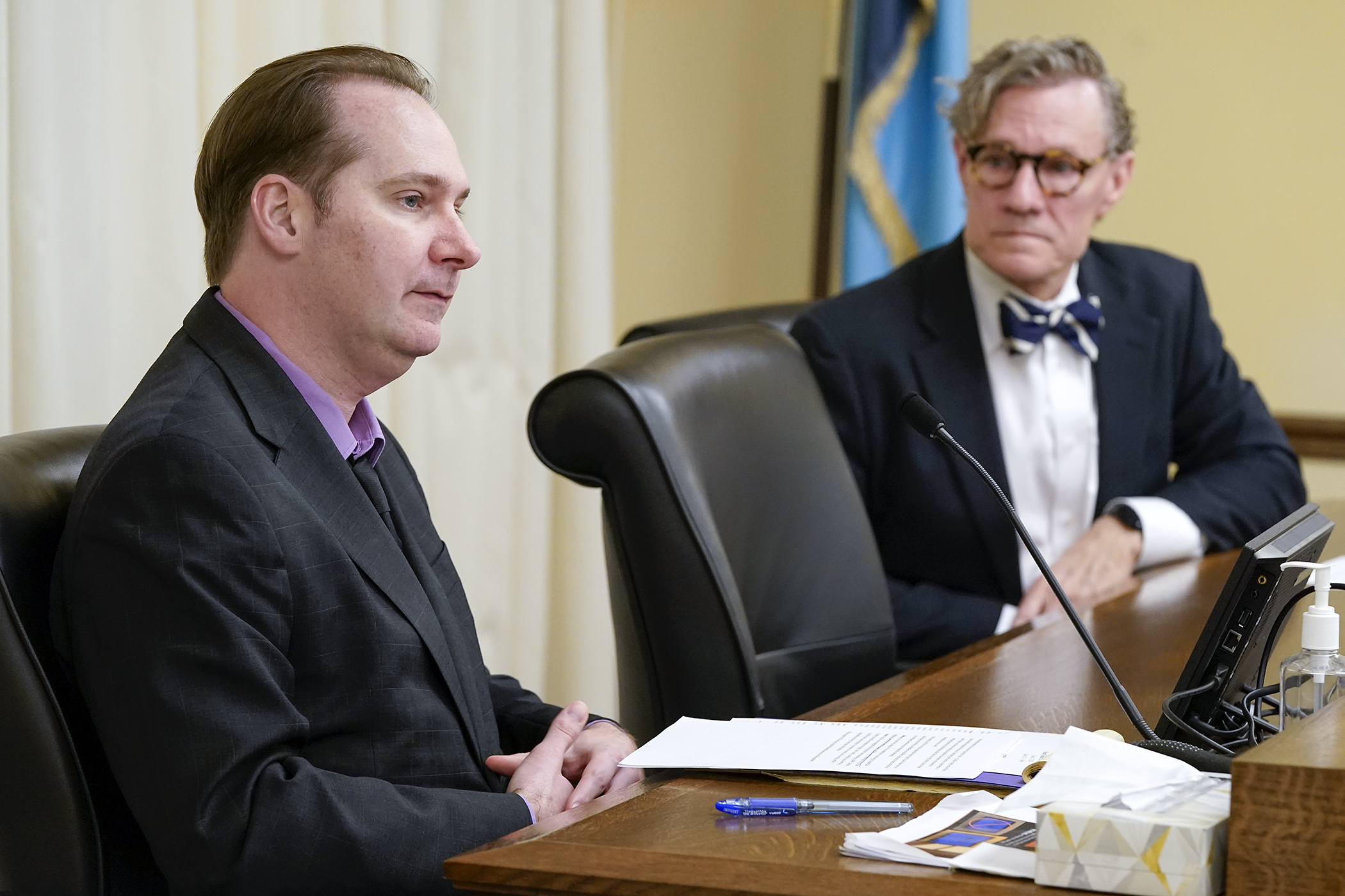MN families dealing with dementia face 'maze' of services. A House bill aims to simplify the system.

State statistics about Alzheimer’s disease are sobering.
More than 120,000 people, including one in 10 over age 65, are living with Alzheimer’s, a 20% increase since 2020. Caring for Minnesotans with Alzheimer’s costs Medicaid $1 billion annually.
Rep. Danny Nadeau (R-Rogers) said everyone in the state knows someone whose life has been reshaped by dementia. “Entire families are left navigating a maze of services and support with no clear path and no one to guide them.”
Those families deserve someone whose job is solely focused on dementia, he said.
To that end, Nadeau sponsors HF794 to establish a point of leadership in the Health Department. Laid over, as amended, Monday by the House Health Finance and Policy Committee, it would allocate $250,000 in fiscal year 2026 and $150,000 in fiscal year 2027 from the General Fund for a dementia services program.
Efforts to support families experiencing dementia are scattered across a range of organizations such as the Department of Human Services, the Health Department, and Area Agencies on Aging, said Robert Freeman, vice president of public policy for the Minnesota/North Dakota Chapter of the Alzheimer’s Association.
He said 29 other states have a dedicated point person on dementia who has a line of sight on all efforts and funding streams.
A state dementia program manager could coordinate work across agencies, evaluate programs, reduce inefficiencies and identify gaps in services. They would be responsible for updating and implementing the state’s dementia strategic plan.
For example, the program manager could prevent duplicative services, such as a county establishing a help line which covers the same ground as one run by the Alzheimer’s Association. They could work closely with the health care system to get people connected to treatments as they are approved.
Nadeau said it’s hard for families to track the trajectory of decline that may come with dementia.
“I think this position is going to do a lot to help those families know what’s ahead,” he said.
Related Articles
Search Session Daily
Advanced Search OptionsPriority Dailies
Stable budget outlook projects $3.7 billion surplus now, no deficit in next biennium
By Lisa Kaczke The projected surplus for Fiscal Years 2026-27 is now higher than it was in the November estimate, and no deficit is projected for the next biennium.
“Minnesota’s budge...
The projected surplus for Fiscal Years 2026-27 is now higher than it was in the November estimate, and no deficit is projected for the next biennium.
“Minnesota’s budge...
Legislative leaders set 2026 committee deadlines
By Lisa Kaczke Legislative leaders on Tuesday officially set the timeline for getting bills through the committee process during the upcoming 2026 session.
Here are the three deadlines for...
Legislative leaders on Tuesday officially set the timeline for getting bills through the committee process during the upcoming 2026 session.
Here are the three deadlines for...